on amateurism
Exhibit A.
I’ve hinted that I’m working on a new book — the second of a two-book deal —so I thought I’d share a bit about what this new book is about, and perhaps something of my process. Before I begin, I should confess that my process entails a lot of wailing and gnashing of teeth: I am one of those people for whom writing is a tortuous affair, but who loves “having written.” I have a very close, very successful, multiple-New York Times-bestselling-novelist friend who tells me that when she is in the midst of writing a book, plots of future books are already dancing in her head. I can’t emphasize how much I’m the opposite of that friend. When I write, I am consumed by trying to wrestle the project into submission, to the point that I can think of very little else, even when I’m away from my laptop.
But anyway, about this book.
So it’s about being an amateur … and staying one. I have this theory that amateurism is actually good for us, and that in a culture where we are encouraged to excel at all costs, when we fall into the trappings of constantly becoming the best at [insert job/hobby/avocation here], we miss out on things like connection, self-compassion, and frankly, even mental and physical health. But because of social media/hustle culture/societal and even familial pressure, actually pursuing amateurism can feel like laziness or simply the hallmark of a slacker. But I believe that being an intentional amateur is what keeps you healthy, alive, and interesting.
When I first decided to explore this topic, I was surprised at how little I could find about it. It seems that most people who have written about amateurism do so either as a counterpoint to turning pro in sports, or else the write about “amateur mindset” as a strategy for eventual mastery, excellence or ruling the world. I could find nothing on amateurism for amateurism’s sake. And so, taking the advice of renowned author Toni Morrison (“If there’s a book that you want to read, but it hasn’t been written yet, then you must write it”), I pitched the idea of amateurism to my publisher, and happily, they agreed.
So, my friends, I’m in the thick of it: researching the topic, and experimenting with it in my own life (resulting, so far, in surfing lessons, a new swimming practice, and decidedly wonky pottery — see Exhibit A, above). It’s slow going, but I’ve come up with a list of attributes that I think are necessary to ensure staying in an amateur mindset without succumbing to perfectionism or the need to be the best. And perhaps the most foundational of these attributes is curiosity. Curiosity about activities that sound interesting to try, yes, but also curiosity about what happens in the actual attempt. Curiosity about why certain activities frustrate you, while others energize you. Curiosity about your past, remembering what you used to love, and exploring why you don’t do them anymore. Curiosity about the things that you’ve always meant to do, and curiosity about what’s stopping you. And of course, curiosity about what propels you to be the best at something — and curiosity about what might happen if you stopped trying to be the best.
My partner Marcus’s Jedi Lamp. He made this. Because no one loves tinkering with amateurism like Marcus.
As I play with various activities, I know that some of them will likely stick — become full-on avocations — and others will likely fall by the wayside. But the beauty of writing a book is that because I have to turn in a manuscript at some point, I’m committed to this process of curiosity. And like my previous books, I’m interviewing folks, people who enjoy doing things purely for the sake of doing things, with no attachment to excellence, which is always fun. But I have to say, finding these folks is a bit of a challenge. So I’d be really interested in hearing about what sorts of things you find time to do, purely for the pleasure of doing them, even if the truth is you’re not all that good at it.
Share your passions of eh-that’s-good-enough with me, friends. And for bonus points, let me know what light these passions bring to your life.


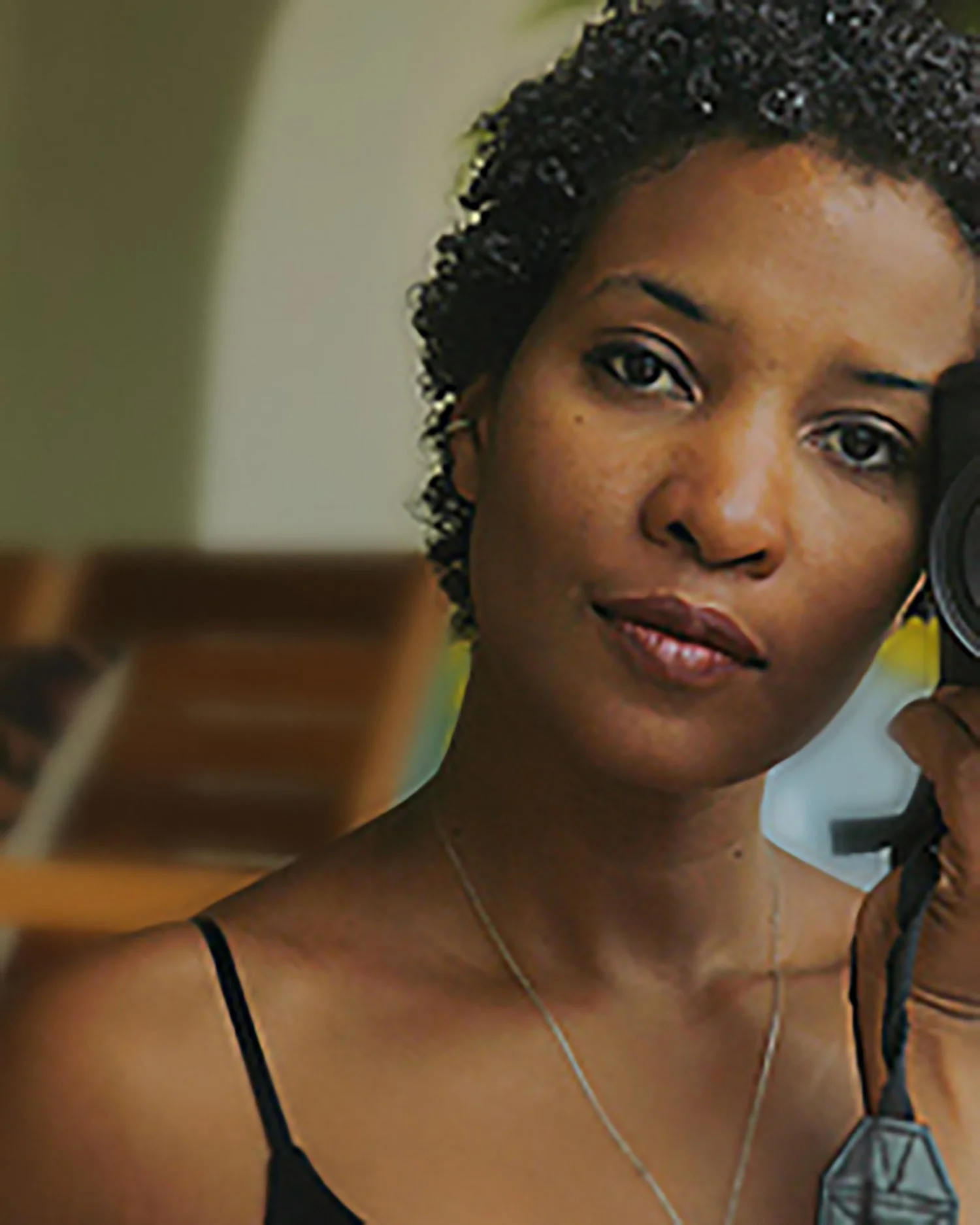
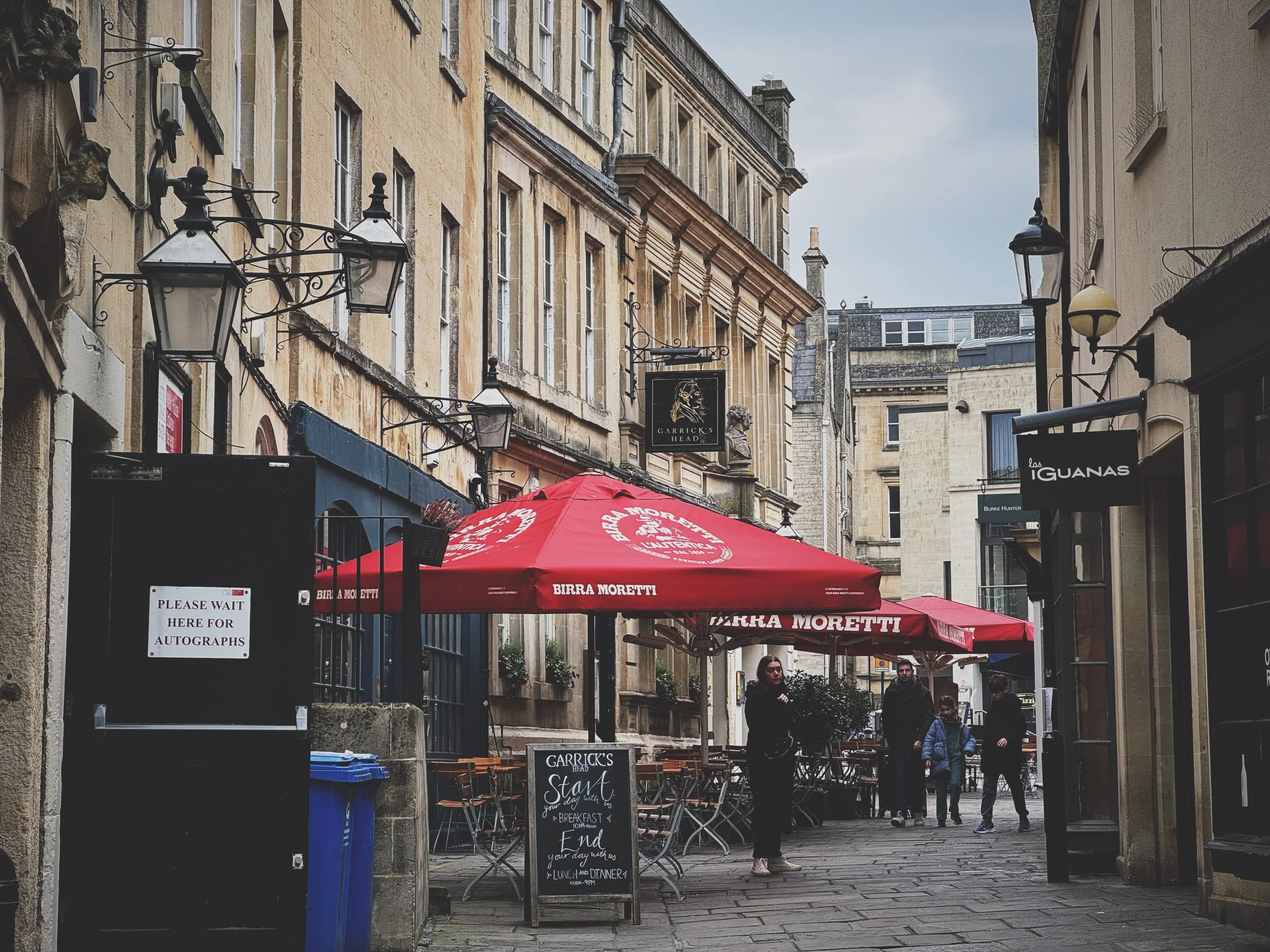
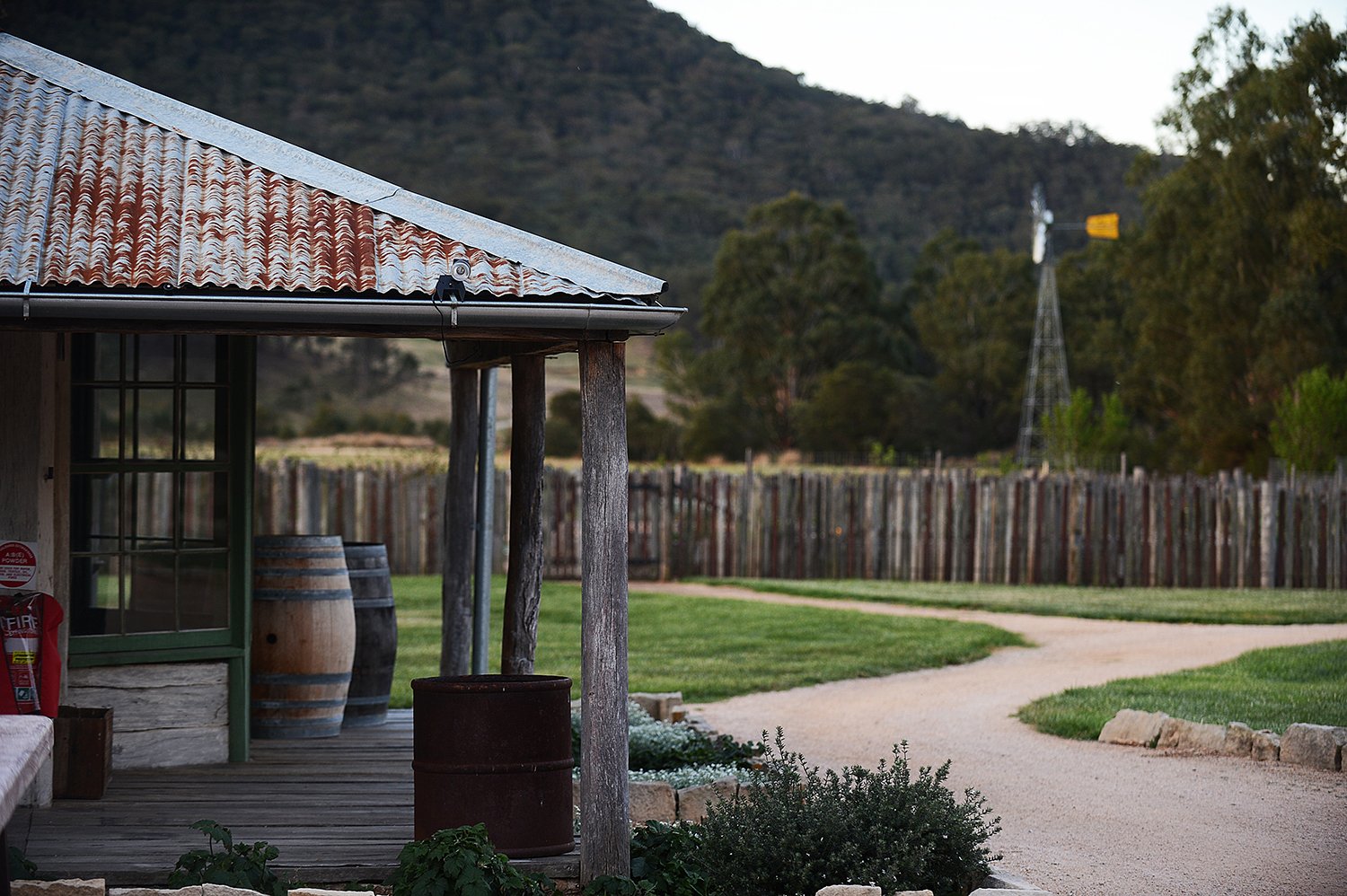



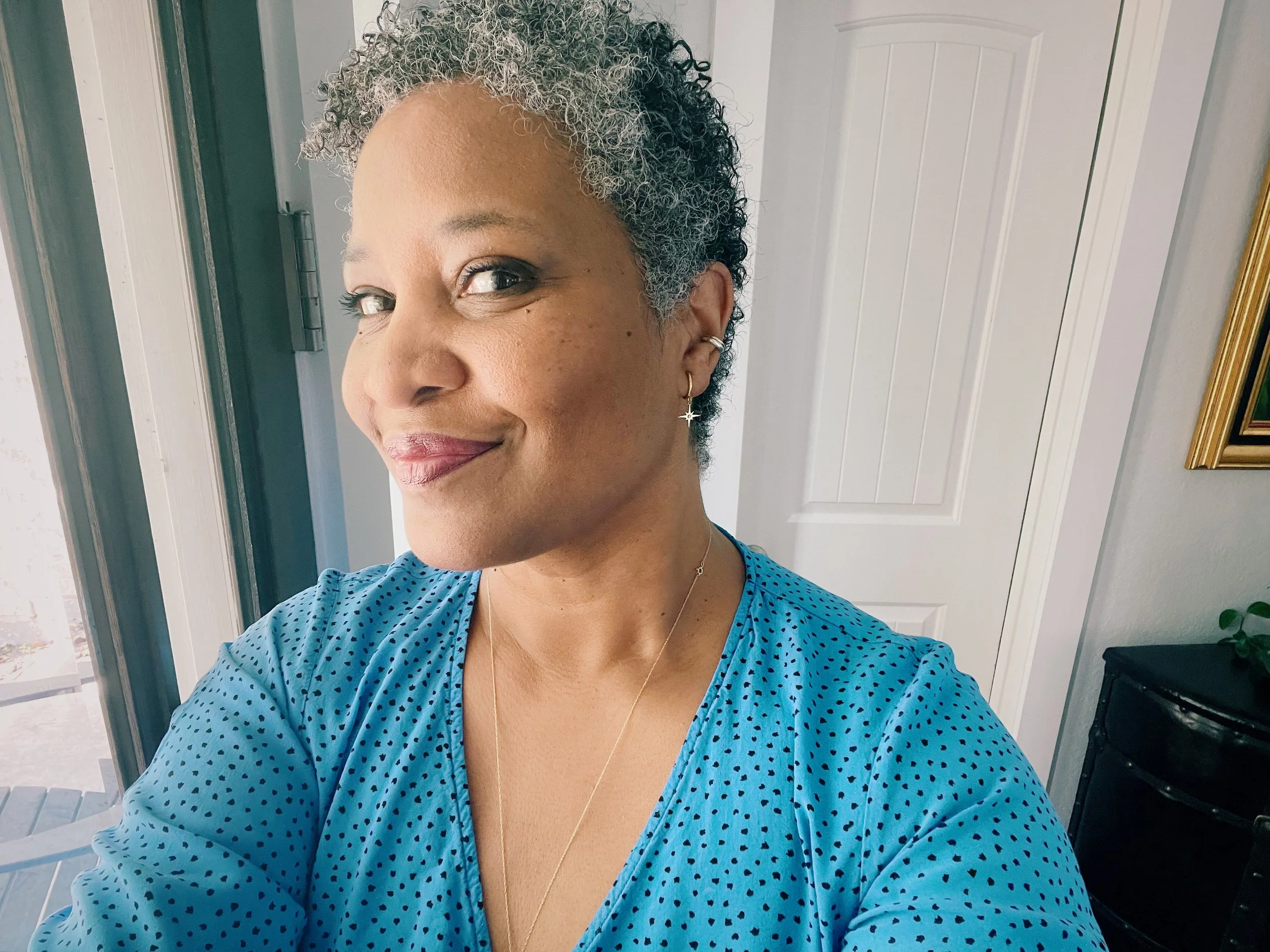




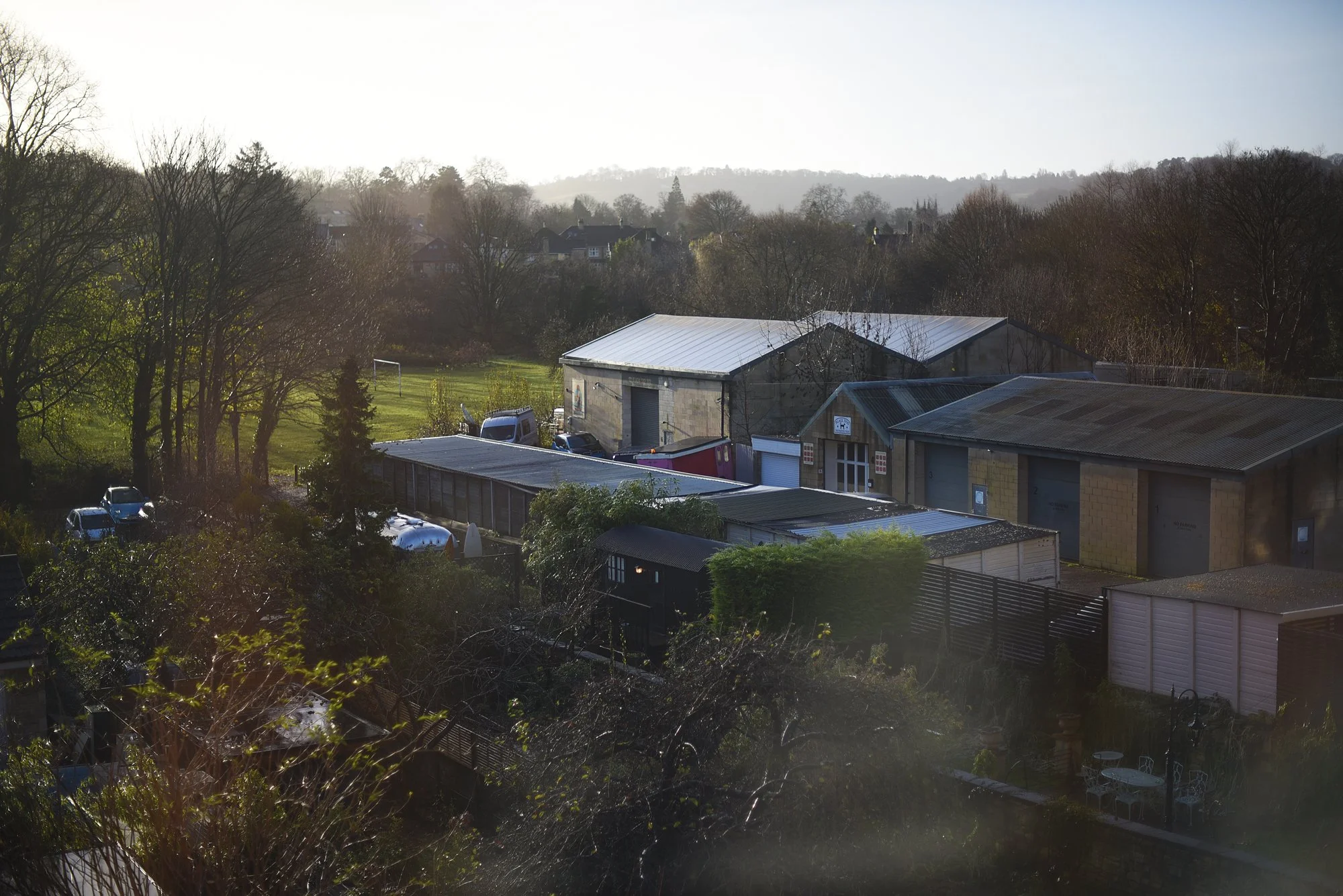





A little about the new book.